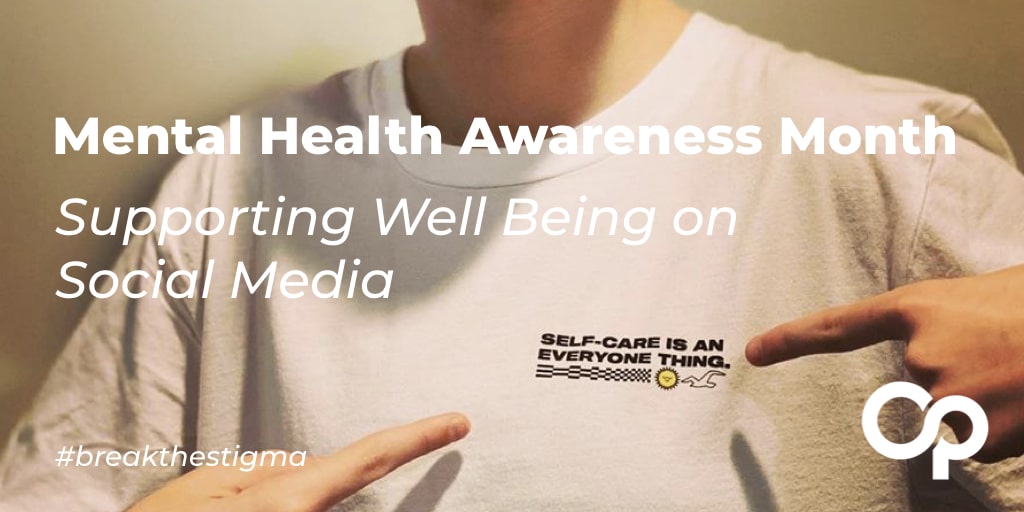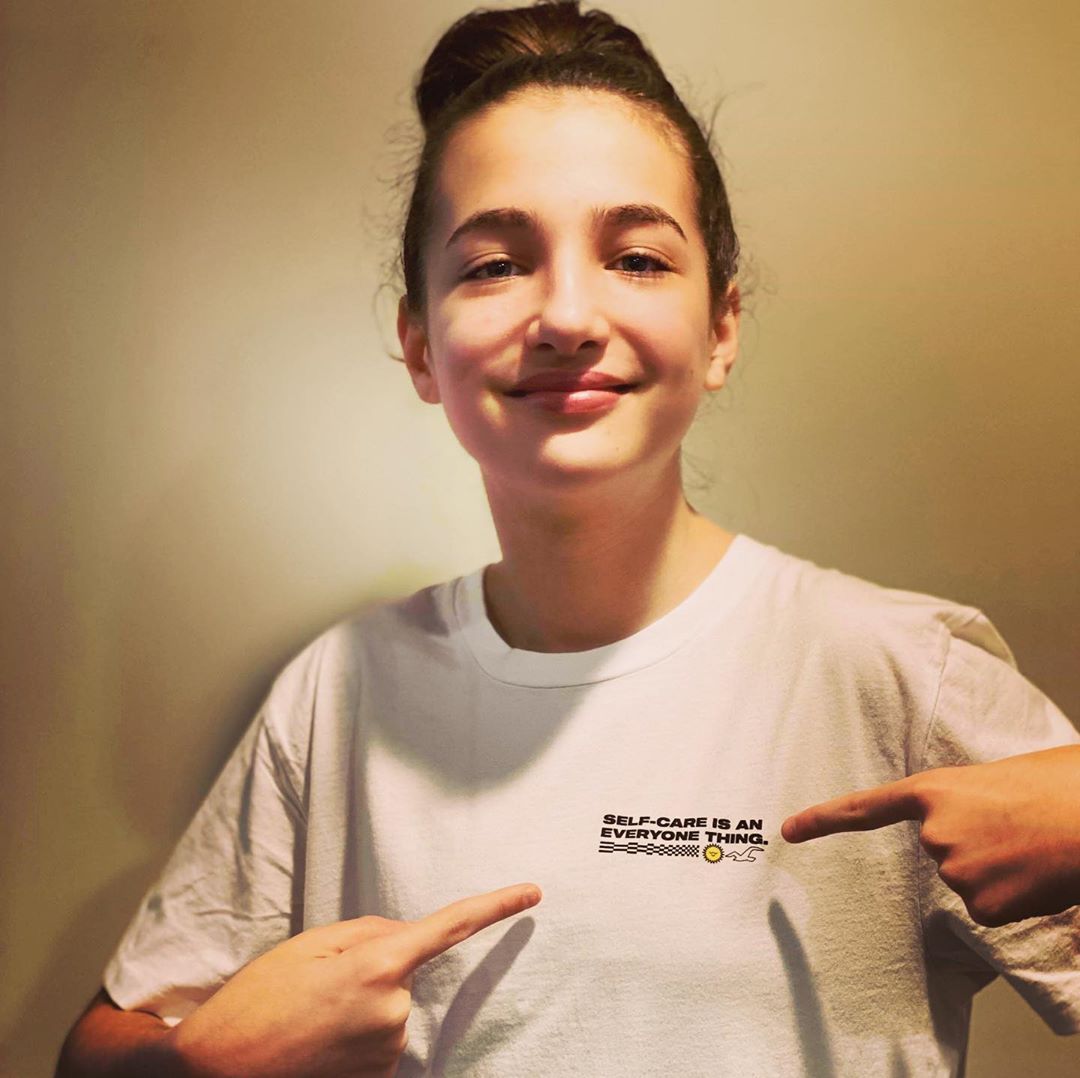“Self-Care is an Everyone Thing”
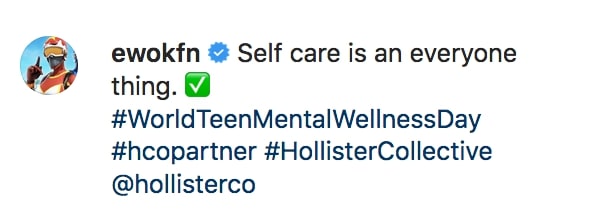
Welcome back, everyone. May is Mental Health Awareness Month which, believe it or not, people have been observing all the way back since 1949. Our collective understanding of mental health has come a long way in the past seven decades, especially in recent years thanks to a growing worldwide movement of acceptance and self-care.
One of the most prominent factors affecting mental health in modern society – both positively and negatively – is the internet. Instant connectivity has given people across the globe unprecedented access to information and resources, but by the same token, has also been linked to a rise in anxiety, depression, and other illnesses, especially among younger users.
Relying on Influencers to Spread the Word
Though influencers are a rather new phenomenon, the strategic use of influential figures to spread awareness and destigmatize important spaces is certainly nothing new. Some of the best examples of leveraging key figures to mobilize action and sway opinion come from the creative world, from Lady Gaga and her historic work for gay rights in the military to the famous 1985 concert LIVE AID concert for HIV/AIDS most recently immortalized in the 2019 film Bohemian Rhapsody.
With the emergence of influencer marketing, brands have been able to team up with influencers and tap into these critical conversations in an organic, authentic way. For example, Hollister recently teamed up with a slew of prolific creators including 14-year-old gaming superstar Ewok to raise awareness around World Teen Mental Wellness Day. Ewok is both an A-List eSports star and an important voice in the deaf community. She uses her platform to share her own journey and struggles, inspiring her fans to persevere through any challenge, recently Tweeting “Keep chasing your dreams, disabilities don’t stop us!”
Google Searches for Mental Health Since 2013
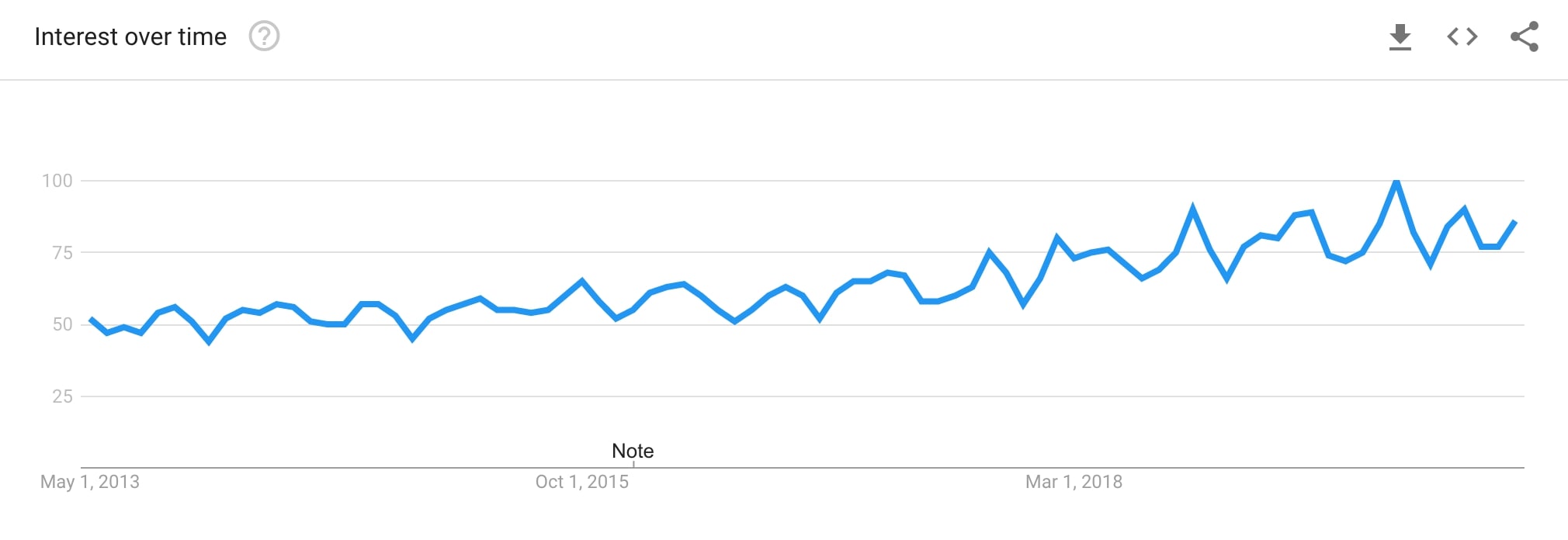
Google searches for “Mental Health”
Fortunately for all, we’re living through a global wellness and self-care movement. Thanks to the ongoing efforts of health care professionals, social workers, and influential voices, we’re more well-informed open to conversations around this critical topic than ever before. But there’s plenty of work still to be done, and brands should definitely be considering opportunities such as Mental Health Awareness Month and other key cultural touchpoints to support their audiences and add value to their lives through entertaining, educational, and inspiring content.
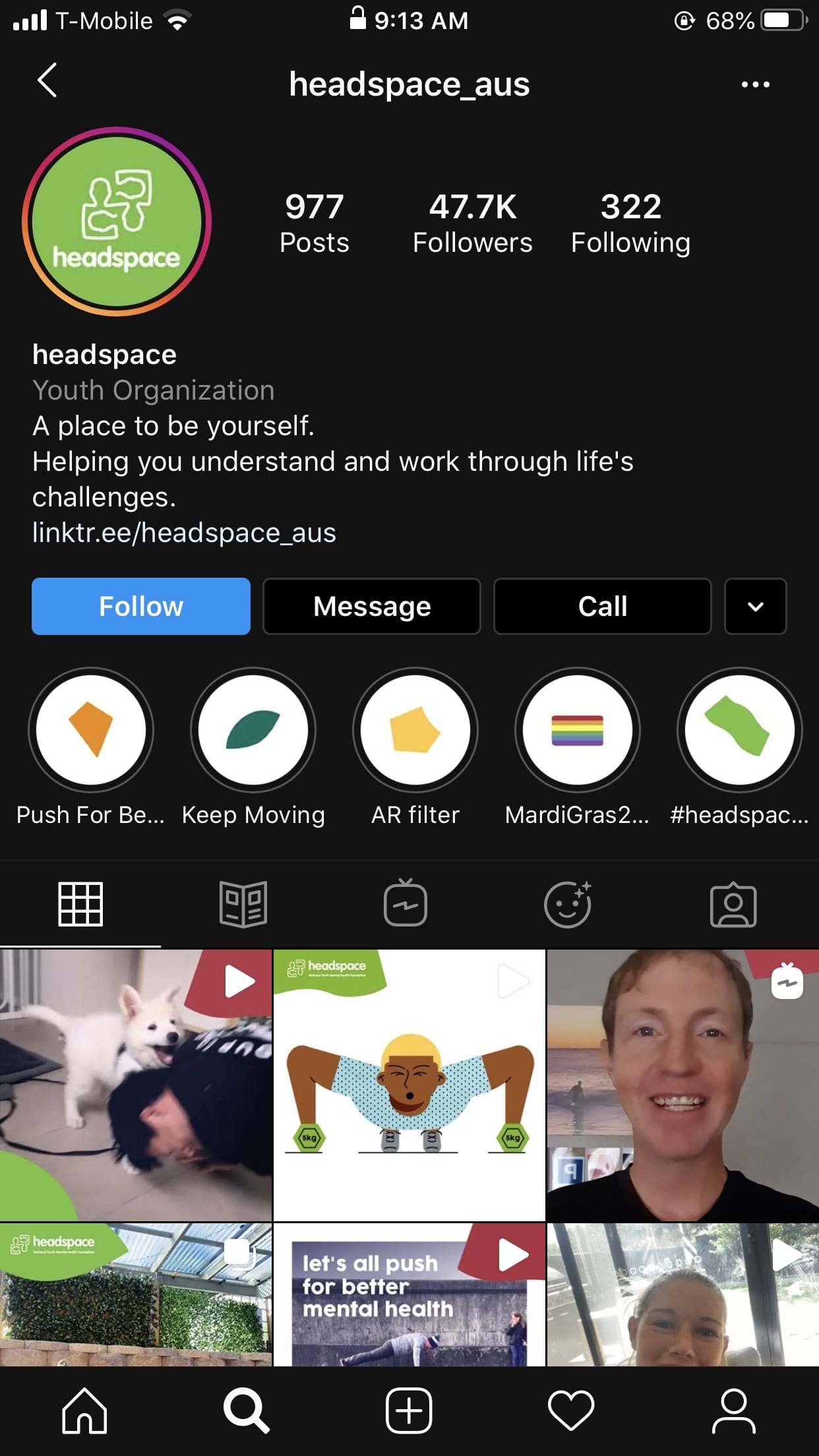
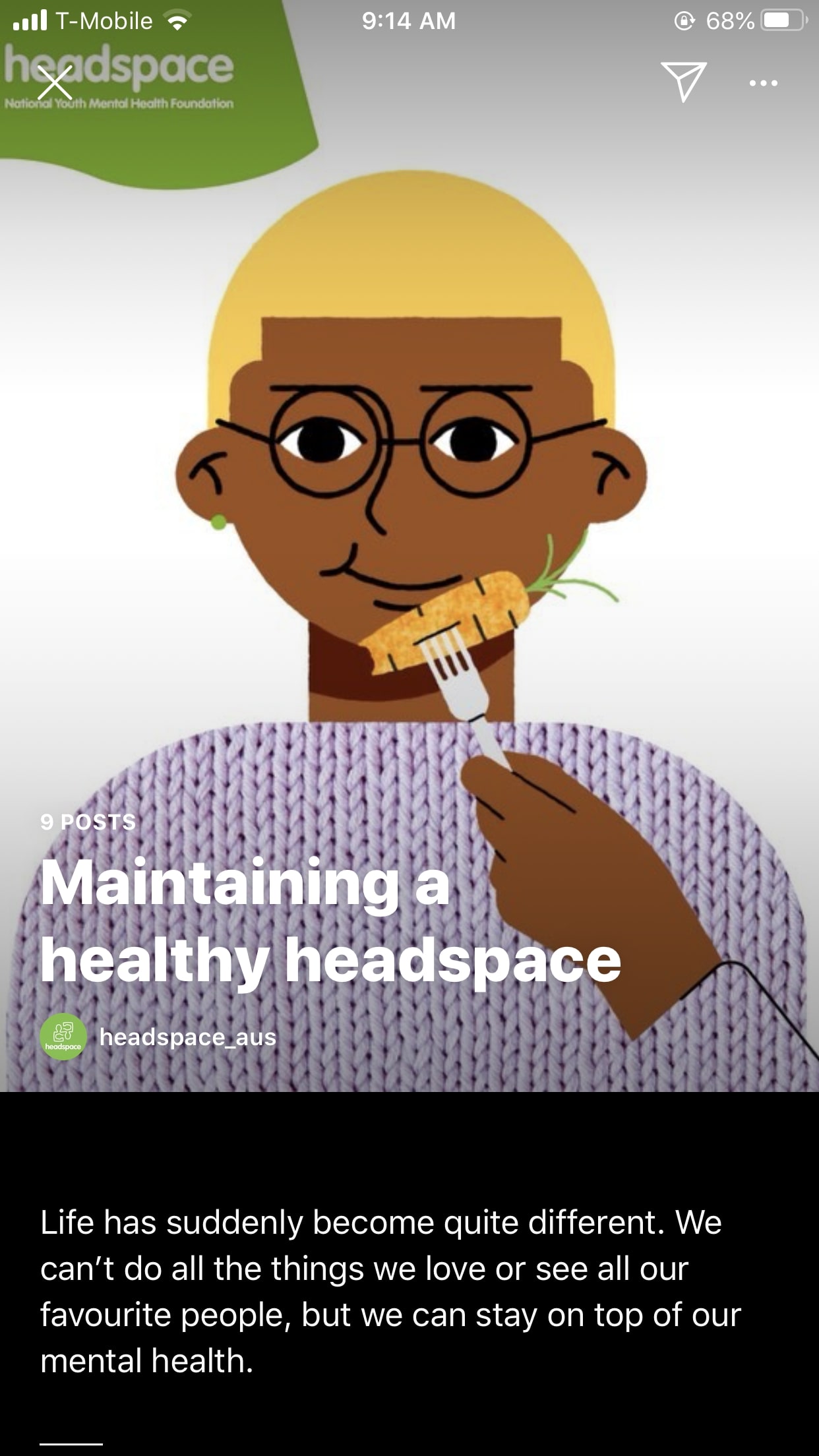
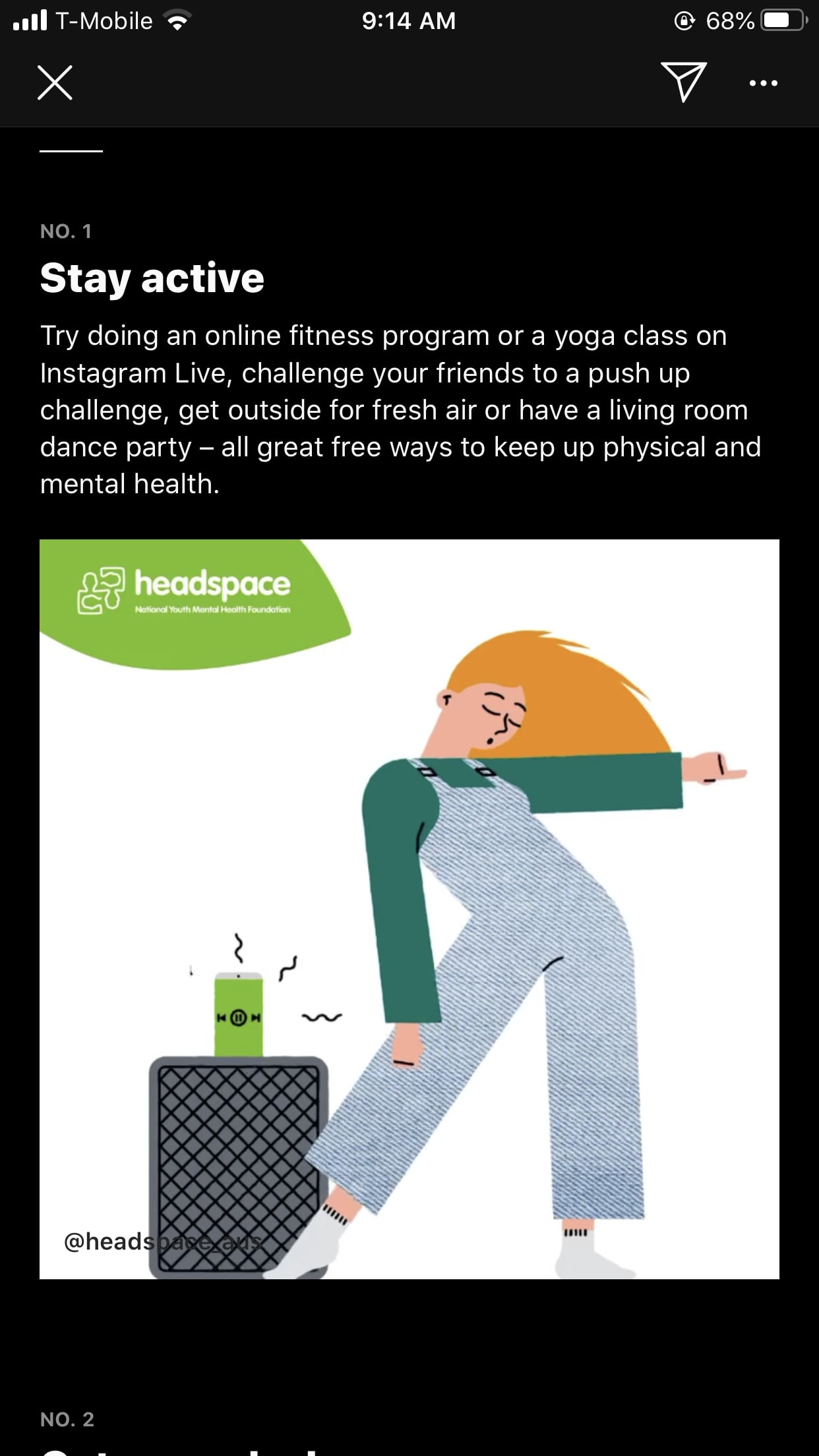
Social media platforms are also doing their part to raise awareness and introduce policies and features to reduce the potential negative side effects of digital life. For example, Instagram recently debuted a new feature called Guides that allows select content creators to aggregate key pieces of content into compact, digestible guides that their followers can find via a new icon on their profiles. To see Guides in action, check out any of the initial wave of creators: @afspnational, @heads_together, @vitaalere, @klicksafe, @headspace_aus (featured above), @deepikapadukone, @sudahdong and @eenfance.
6 Influencers Working to Destigmatize Mental Health
1. @youarecomplete 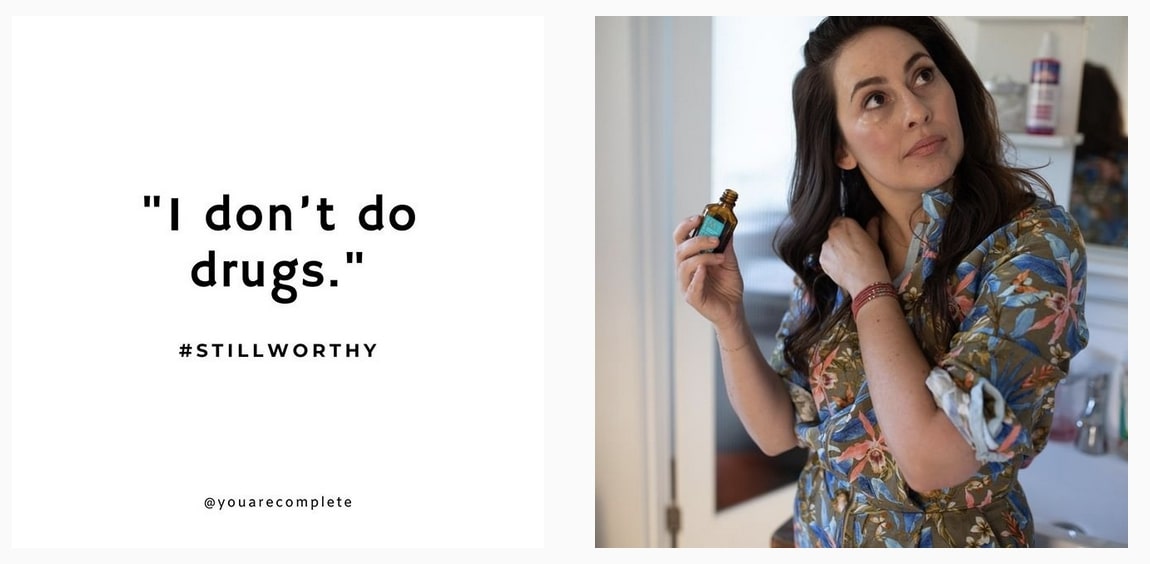
Bianca L. Rodriguez, Ed.M runs an awesome account dedicated to “celebrating your uniqueness.” Her profile is home to quotes from people all around the world, which she turns into decorative text-images and posts anonymously. These posts help destigmatize feelings, actions, or thoughts that people can often struggle with in isolation by showing there are others just like them who share similar experiences.
2. @anxiety_sugar
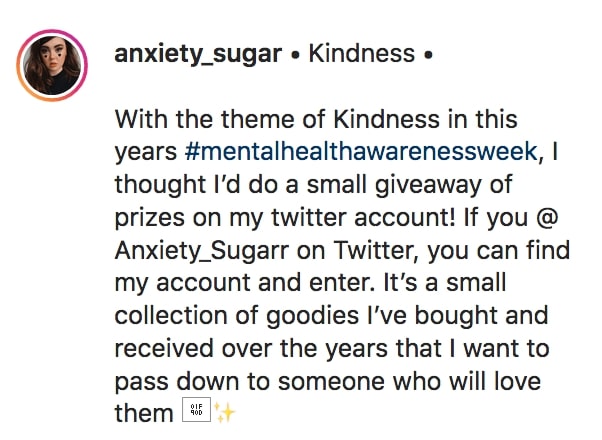
@anxietysugar discusses Mental Health Awareness Week
Amy, who runs the account @anxiety_sugar is a blogger who discusses her experiences with BPD, depression, and anxiety. She’s extremely supportive of her audience, as evidenced immediately by her Instagram bio: DM’s are open to help! 🌞. In-kind, her audience sends a plethora of support her way, following the items and product she’s interested in via her Amazon wishlist and sometimes sending her a surprise to make her day!
3. @drcolleenreichmann
Dr. Colleen Reichman is a clinical psychologist whose profile balances wellness tips and other wisdom with reformatted/reinterpreted memes. It’s a great example of a content creator – in this case, a content creator who holds one of the most difficult-to-achieve titles in the world – who is able to speak the native language of the internet and connect with followers organically.
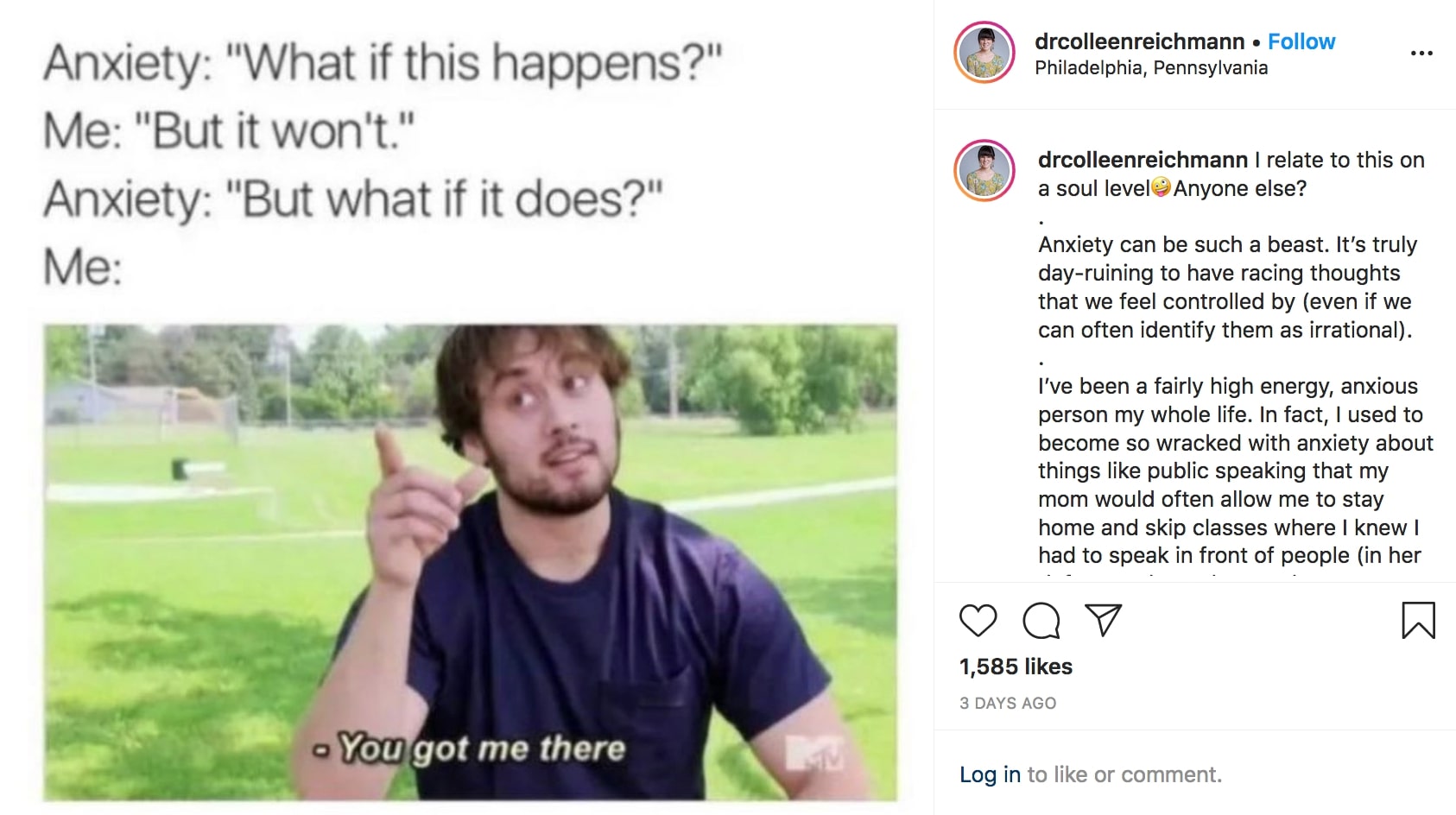
@drcolleenreichmann posts a relatable meme
4. @marcelailustra
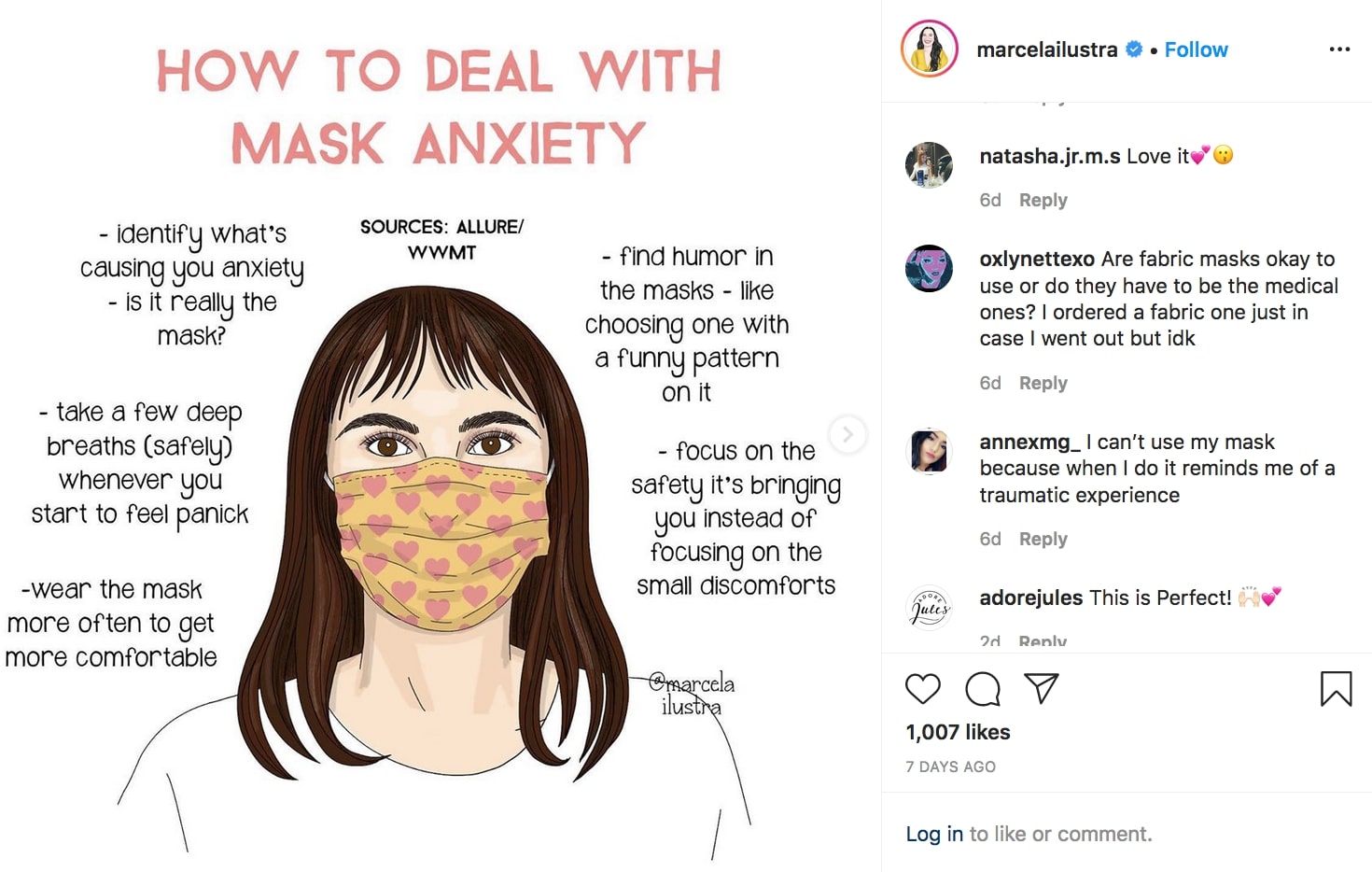
@marcelailustra takes on mask anxiety
Marcela Sabiá is an extremely talented illustrator from Brazil whose amazing pieces spread self-love and positivity. She covers a range of topics through her art including dealing with acne, unrealistic body standards, and even new and emerging topics such as “mask anxiety” which has sprung up in the wake of COVID-19.
5. @stillbloomingme
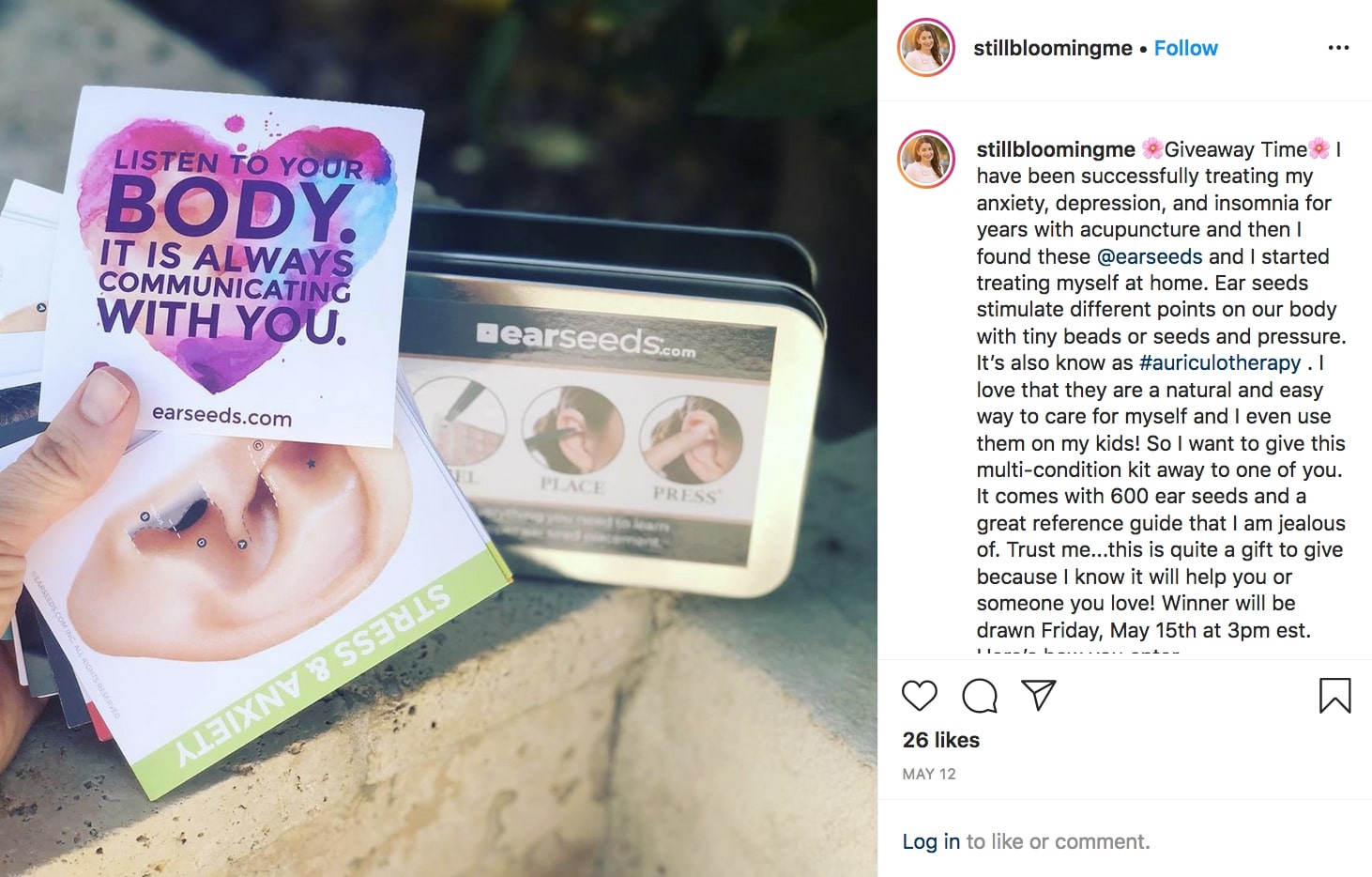
@stillbloomingme discusses products that have helped her manage anxiety, depression, and insomnia
Elena Breese is a busy mom, wise, content creator. She is also a survivor of the Boston Marathon Bombing, and through her blog and Instagram, she shares parts of her incredible story, which serve as inspiration for her many followers. Elena shares insightful and often lovely quotes, as well as products she finds helpful in managing anxiety, depression, and other challenges.
6. @francescaeatsroses
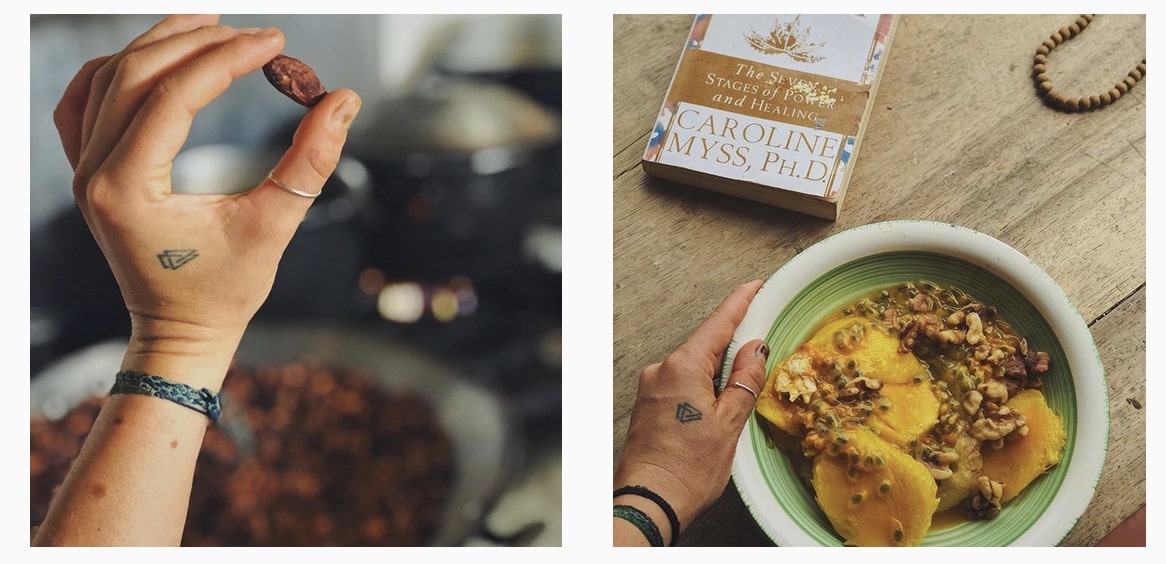 On her profile, Francesca talks about her experience with eating disorders as well as provide delicious vegan recipes that she herself cooks at home. One of the great things about social media is the fact that it doesn’t box creators into any one specific niche or topic. Francesca is able to talk to both audiences, and anyone who may overlap, along with myriad other interests and passions she has.
On her profile, Francesca talks about her experience with eating disorders as well as provide delicious vegan recipes that she herself cooks at home. One of the great things about social media is the fact that it doesn’t box creators into any one specific niche or topic. Francesca is able to talk to both audiences, and anyone who may overlap, along with myriad other interests and passions she has.
…
Thanks to the folks over at Very Well Mind – check out their original list here which was an excellent resource. As always, you can reach Open Influence via email at social@openinfluence.com, or by dropping a line using any of our social channels.
We hope you’re all staying well throughout this ongoing situation with COVID-19, both physically and mentally. Be sure to reach out to your loved ones a little extra right now! Until next time.

